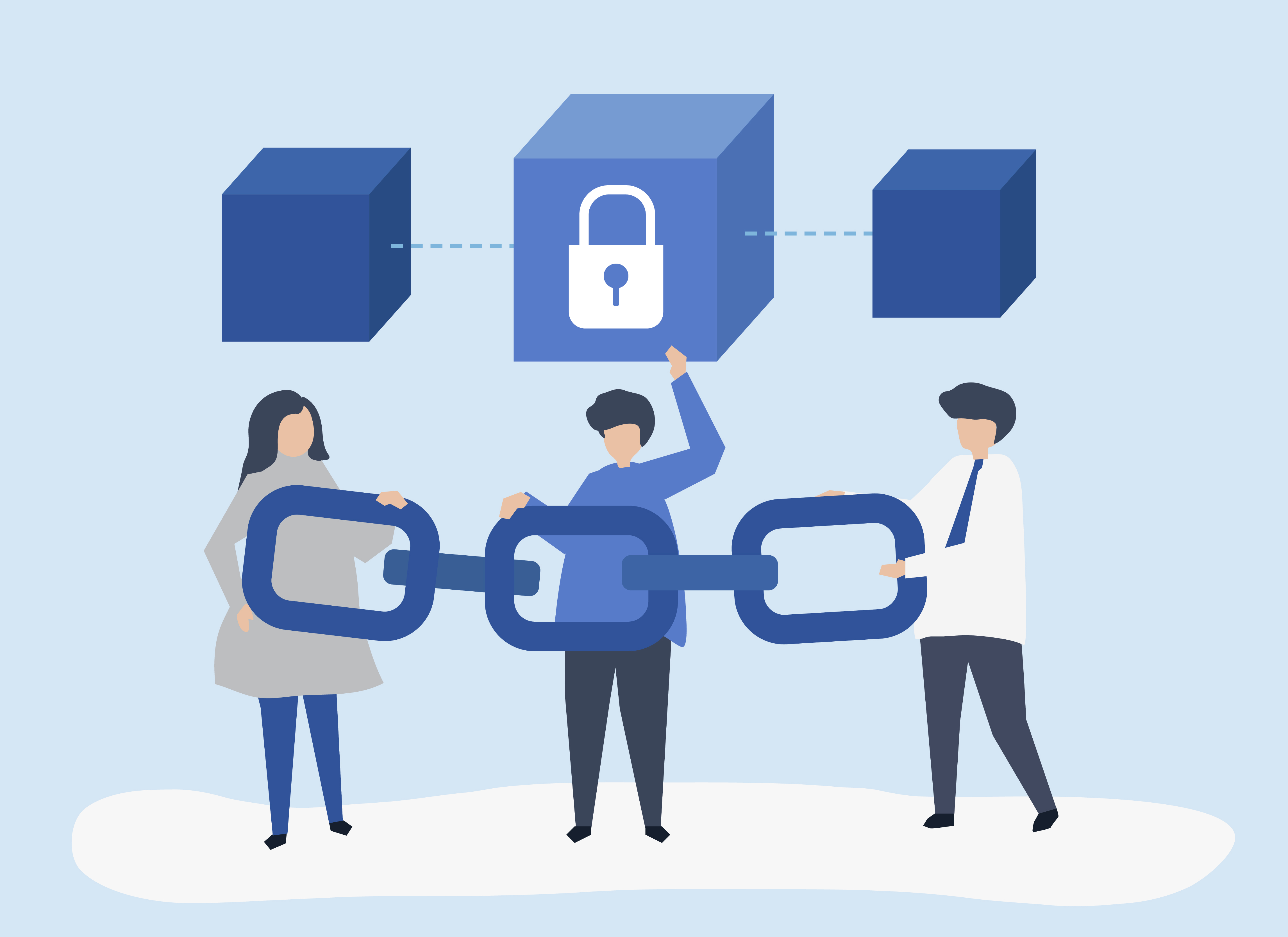What is encryption, and why do you need it?

Recently, we wrote about cybersecurity. When it comes to that, encryption is an essential tool for securing your data against thieves. It's used in many common applications, such as email, messaging apps and even banking systems. But encryption has become more important than ever with the rise of cloud computing, which allows organizations to store our data online instead of on their own servers. With this increase in convenience comes a corresponding increase in risk: If someone gets access to all that unencrypted data sitting on Amazon's servers or Google's cloud computers, they might be able to steal sensitive information like credit card numbers or usernames/passwords (assuming those passwords aren't encrypted). That’s where encryption comes into play—it can help prevent unauthorized access by locking down your files and converting them into gibberish that only you can understand when they land back on earth after leaving orbit; so let's look at how this works!
Encryption protects your data from unauthorized access by hackers, malicious software, and other threats. It also helps protect against people who want to steal your information or use it for malicious purposes.
There are two main types of encryptions: symmetric and asymmetric. Symmetric encryption is faster but less secure; it uses the same key to encrypt and decrypt data. Asymmetric encryption is slower but more secure; it uses different keys for encryption and decryption.
Symmetric Encryption
In a symmetric system, you have a secret key that's shared between two parties who want to communicate securely with each other over an insecure channel (like the internet). They can use this secret key to encrypt their messages such that only the other person will be able to read them--even if someone else intercepts those messages while they're being transmitted from one party's computer system to another party's computer system. As an example, imagine Alice wants Bob's help fixing her car so she sends him a message asking him if he would like some spare parts from her garage? She could encode this message using an algorithm called RSA which would produce ciphertext that looks something like this: "7Vz0b1fjdD8MZp-Ll5Rw==" Symmetric-key encryption uses the same key to encrypt and decrypt data. It is also known as a single-key or secret key encryption, because the same key must be kept secret. A message encrypted with this type of algorithm can only be decrypted by someone who knows this key.
Asymmetric-key encryption
Asymmetric encryption is used for digital signatures, authentication, and key exchange (such as Diffie-Hellman). The public key can be shared with everyone while the private key is kept secret. The most common type of asymmetric encryption is public-key cryptography. This uses two keys, one public and one private. The public key can be used to encrypt data but not decrypt it; the private key must be kept secret in order to decrypt data with it. If you are concerned about your data being stolen from an online storage system, you should use a password manager to generate strong passwords for each site you visit.
How a strong password looks like
A strong password is one that is at least 12 characters long, includes upper- and lowercase letters as well as numbers or special characters. You should also avoid using any of the words found in the dictionary (like "password" itself). In addition to using a password manager, it's important not to reuse the same password on multiple sites because if one database gets hacked then all of your accounts could be compromised! Also avoid sharing your passwords with anyone else--even family members and friends--as this could result in them having access to everything on their phone as well!
If you are concerned about your data being stolen from an online storage system, you should use a password manager to generate strong passwords for each site you visit.
If you've ever used an online password manager like LastPass or 1Password, chances are you've seen this method at work; it's what allows you to store all your passwords behind one master password without having them exposed in plaintext when they're being stored online.
We hope this article has helped you understand the basics of encryption and why it's so important. There are many different types of encryptions, each with its own benefits and drawbacks. If you have any questions about the way to protect your sensitive information, please contact us today! Our experienced professionals will figure it out how we are able to help you with.


